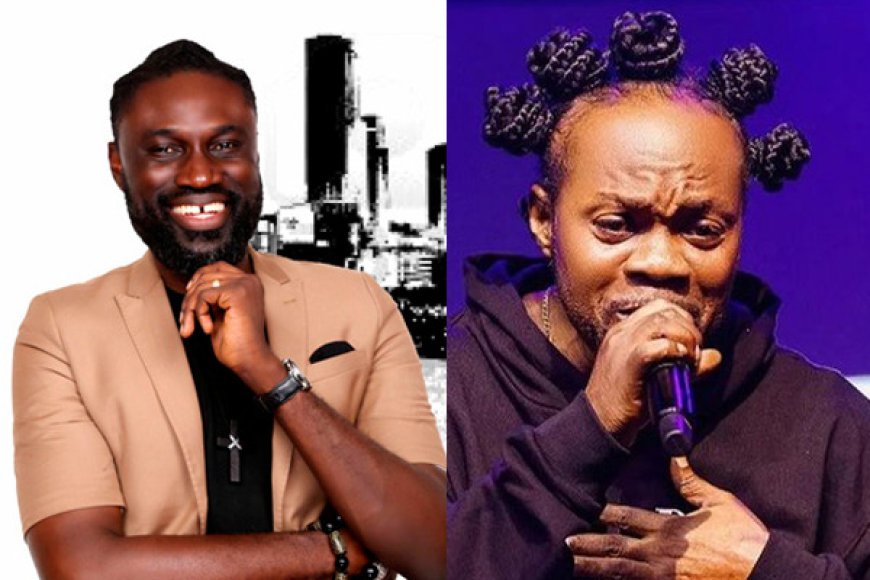“Daddy Lumba Wasn’t Just a Musician; He Was an Institution” – Manager Pays Emotional Tribute
In the wake of renewed tributes and national admiration for Ghana’s highlife icon, Charles Kwadwo Fosu, popularly known as Daddy Lumba, the artist’s longtime manager has delivered a heartfelt statement, asserting that Lumba was not merely a musician—but an institution.

“Daddy Lumba Wasn’t Just a Musician; He Was an Institution” – Manager Pays Emotional Tribute
In the wake of renewed tributes and national admiration for Ghana’s highlife icon, Charles Kwadwo Fosu, popularly known as Daddy Lumba, the artist’s longtime manager has delivered a heartfelt statement, asserting that Lumba was not merely a musician—but an institution.
Speaking to journalists following Parliament’s recent acknowledgment of Lumba’s contribution to Ghana’s music and culture, the manager emphasized that Daddy Lumba's influence extended far beyond the recording studio or stage.
“Daddy Lumba redefined what it meant to be a Ghanaian musician. He was a voice, a movement, and a mirror to society. His music wasn’t just entertainment—it was philosophy, politics, and poetry. He wasn’t just a man; he was an institution,” the manager said, his voice tinged with emotion.
A Legacy Forged in Brilliance and Bravery
Over the course of four decades, Daddy Lumba released more than 30 chart-topping albums, each with a unique sound that mixed highlife rhythms with soul, gospel, love ballads, and street wisdom. His versatility, lyrical depth, and ability to evolve without losing authenticity are what, his manager said, made him “a rare force in African music.”
From Aben Wo Ha to Yentie Obiaa, Lumba’s songs often carried bold messages about personal freedom, political disillusionment, love, and morality—earning him both admiration and controversy in equal measure.
“He made people dance and think at the same time. That’s not just music; that’s national education,” the manager added.
Beyond the Music – A Mentor and Cultural Symbol
The manager also highlighted Daddy Lumba’s behind-the-scenes influence as a mentor to emerging artists, a style icon, and a symbol of Ghanaian cultural pride. Many of today’s top musicians cite him as a foundational influence on their careers.
He spoke of Lumba’s commitment to excellence, his perfectionism in the studio, and his unshakable belief that highlife music deserved global attention.
“He believed Ghanaian music could command international respect without compromising its roots. He pushed boundaries not to impress but to inspire.”
A Call for Lasting National Recognition
Echoing sentiments from Parliament and industry players, the manager called for formal national recognition, including a posthumous state honor, a statue, or a musical archive under the Ministry of Tourism, Arts and Culture.
“We must preserve the Lumba legacy, not just for nostalgia but for national memory. Ghana must never forget one of her greatest sons.”
Fans Join in the Tribute
Across social media and fan groups, the manager’s comments have sparked a wave of emotional reactions. Many fans agree that Daddy Lumba’s work shaped not just music but memories—birthdays, weddings, heartbreaks, and political rallies alike.
One fan wrote: “Lumba taught us how to love, laugh, cry, and rebel. He is stitched into the Ghanaian soul.”
As the music world reflects on his enduring legacy, one thing remains certain: Daddy Lumba was more than a highlife artist—he was, and will always be, a living institution.
What's Your Reaction?


















































































